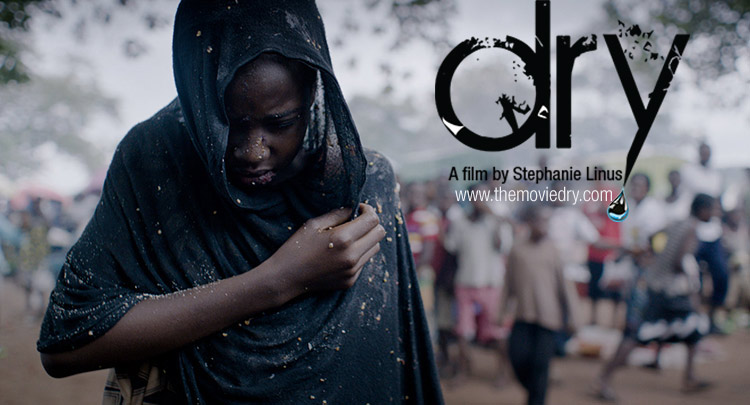Stephanie Linus’ “Dry” resurfaces amid renewed outcry against child abuse
Award-winning filmmaker Stephanie Linus’ 2014 movie ‘Dry’ has reemerged, reigniting conversations about the ongoing issues of child abuse, rape, and child marriage in the country.
The movie is regaining its relevance as Nigerians continue to demand justice for 13-year-old Ochanya Ogbanje, who died seven years ago from complications linked to prolonged sexual abuse in Benue State.

The acclaimed film, long used as an advocacy and educational tool, has found new relevance as conversations around protecting young girls gain fresh momentum.
Stephanie, the filmmaker, has now made ‘Dry’ available on YouTube to reach an even broader audience, responding to growing calls from concerned Nigerians for wider access and awareness.
Dry
Released in 2014, ‘Dry’ starred Stephanie Linus (Okereke), Liz Benson, William McNamara, Darwin Shaw, and Paul Sambo. The movie first drew attention in 2013 when its teaser trailer coincided with Nigeria’s national debate over child marriage.
The film’s storyline centres on the plight of 13-year-old Halima (Zubaida Ibrahim Fagge), who is married to Sani (Tijjani Faraga), a 60-year-old man.
Following repeated sexual abuse, Halima becomes pregnant and develops Vesicovaginal Fistula (VVF) after childbirth — a devastating condition that leaves her ostracised and abandoned.
Her fate changes when she meets Zara (played by Stephanie), a doctor who also endured a traumatic childhood and is determined to help young girls like Halima reclaim their dignity and future.
READ ALSO: ‘Stop insulting my mum, she warned me against marrying Ned Nwoko’ – Regina Daniels to Nigerians
Regarding the renewed relevance of ‘Dry’, Stephanie emphasised that VVF remains “a major gynaecological problem in many parts of the developing world.”
She explained that the film was conceived as “an educational tool to create awareness and bring to consciousness the degrading experiences of young, underprivileged women in Africa.”
“Dry does not hold back,” she added. “It confronts us with the harsh realities of rape, child marriage, obstetric fistula, and the stigma that continues to haunt survivors,” Stephanie, the filmmaker, said.
As the nation mourns Ochanya and other young victims of abuse, Dry serves as both a cinematic masterpiece and a sobering call to action — reminding society that the fight for justice and dignity for every girl child is far from over.


